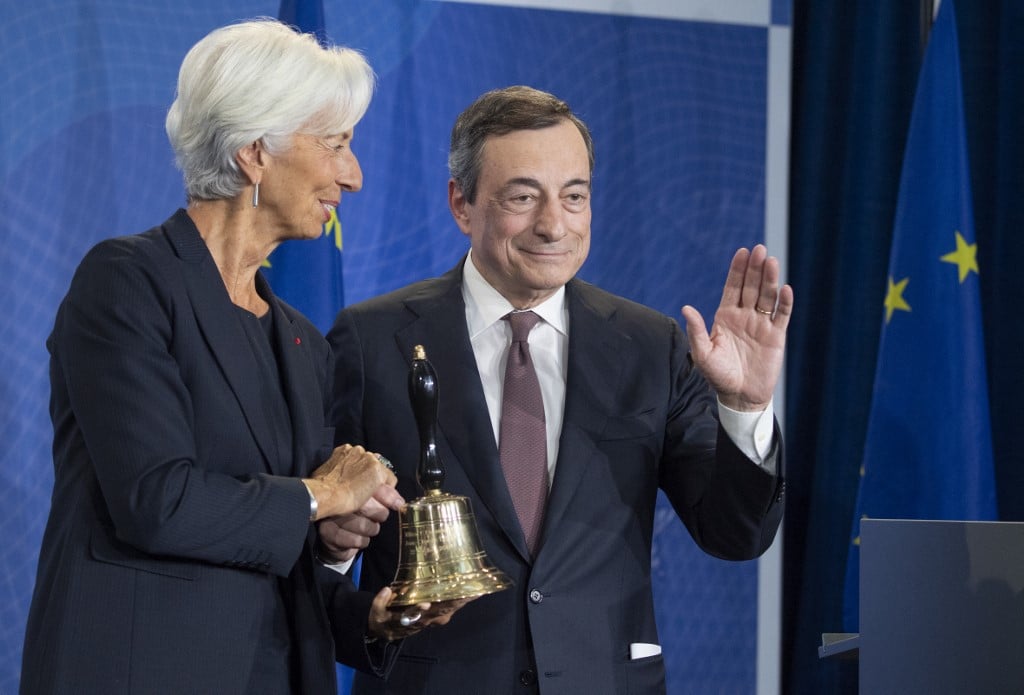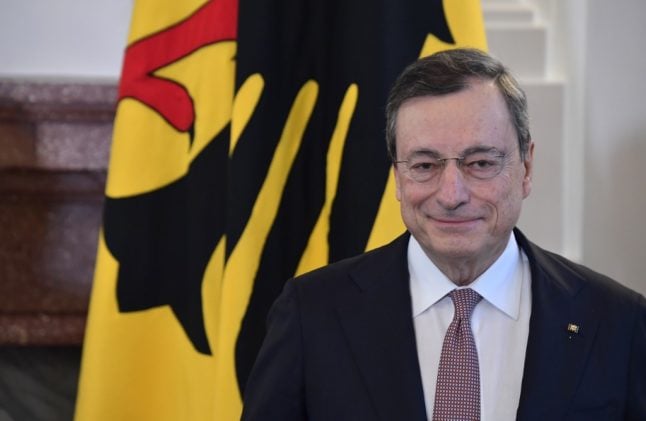
Before launching into a series of meetings with the parties on Wednesday, the would-be prime minister expressed determination to find a way forward.
Mario Draghi, the man credited with saving the eurozone in 2012, is now being asked to help rescue Italy from a political and economic crisis.


Member comments